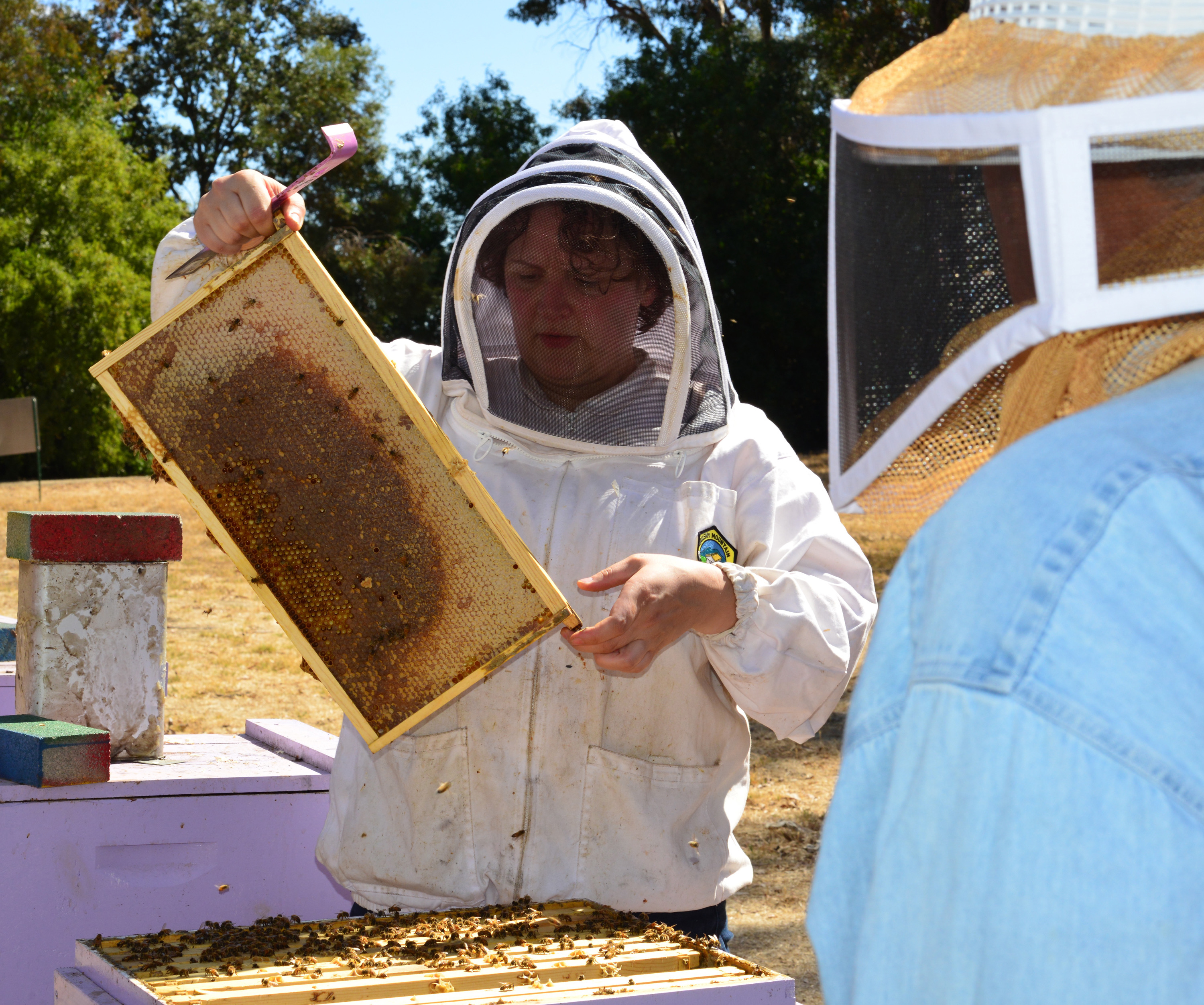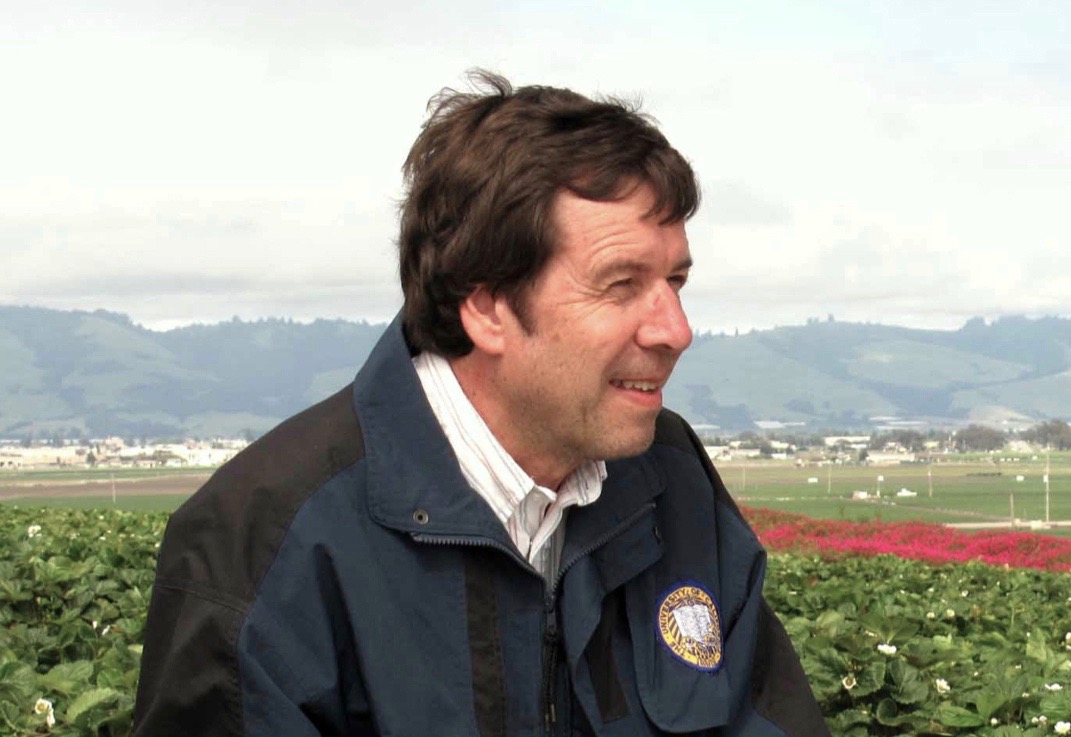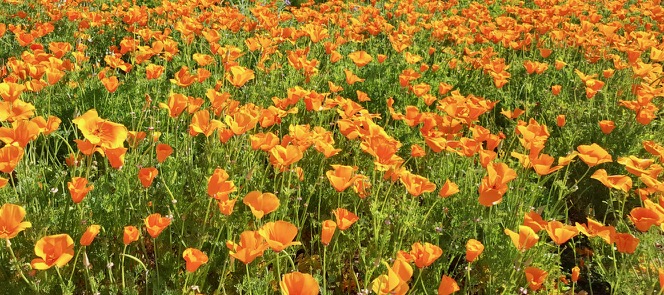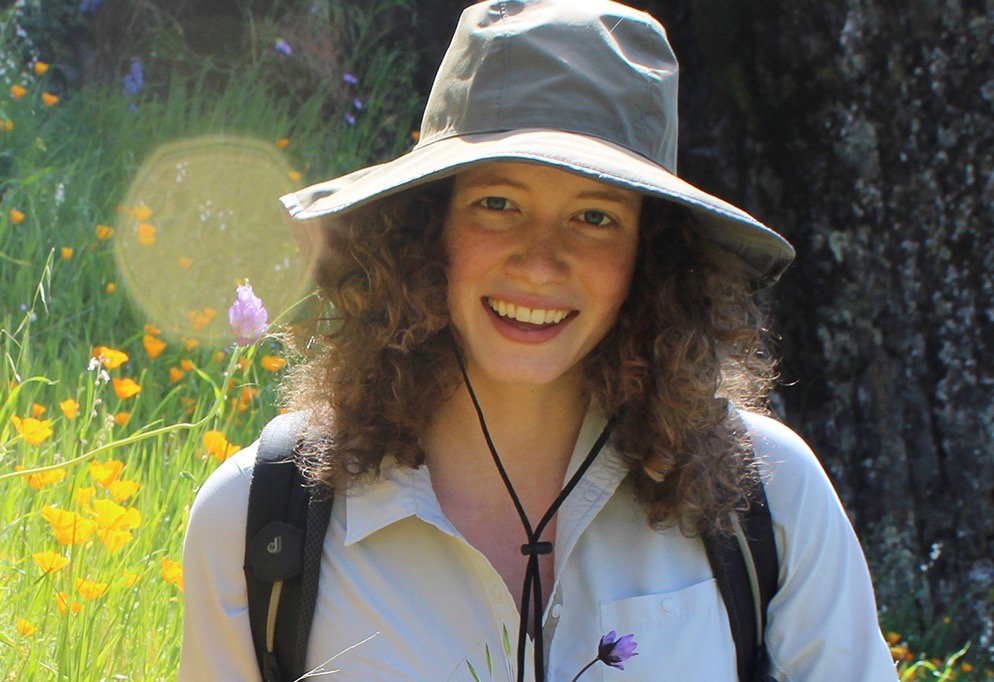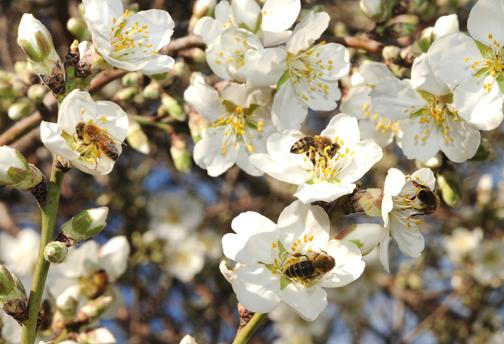UC Davis Offering Beginner Beekeeping Classes
Do You Want to Become a Beekeeper or Learn More About Beekeeping?
News Release
The California Master Beekeeper Program (CAMBP), directed by Extension apiculturist Elina Lastro Niño of the UC Davis Department of Entomology and Nematology, is hosting two short beekeeping classes in early August: one on “Planning Ahead for Your First Hives” and the other, “Working Your Colonies.”
Each will take place from 9 a.m. to 4 p.m. in the Harry H. Laidlaw Jr. Honey Bee Research Facility on Bee Biology Road, west of the central campus. The deadline to register is Thursday, Aug. 1.
“These courses are foundational to beekeeping husband excellence,” said Wendy Mather, program manager. “They are great for folks who are thinking about getting bees next season, as well as those who currently have bees and want to ensure they’re doing whatever they can to ensure the success of their hives.”
The classes are not required to become a California Master Beekeeper, but are highly recommended, as “they will help folks prepare to become a science-based beekeeping ambassador,” Mather said. Instructors are Elina Niño and CAMPB educational supervisor Bernardo Niño, a staff research assistant in the Niño lab.
Planning Ahead for Your First Hives
“Planning Ahead for Your First Hives” will take place Saturday, Aug. 3, and will include both lectures and hands-on activities. Participants will learn what’s necessary to get the colony started and keep it healthy and thriving. They will learn about bee biology, beekeeping equipment, how to install honey bee packages, how to monitor their colonies (that includes inspecting and monitoring for varroa mites) and other challenges with maintaining a healthy colony.
The course is limited to 25 participants. The $105 registration fee covers the cost of course materials (including a hive tool), lunch, and refreshments. Participants can bring their bee suit or veil if they have one, or protective gear can be provided. For more information or to register, see https://registration.ucdavis.
Working Your Colonies
“Working Your Colonies” will take place Sunday, Aug. 4, and will include both lectures and hands-on activities. Participants will learn what is necessary to maintain a healthy colony. Lectures will cover advanced honey bee biology, honey bee integrated pest management, and products of the hive. Participants also will learn about queen wrangling, honey extraction, splitting/combined colonies, and monitoring for varroa mites.
The course is limited to 25 participants per session. The $175 registration fee covers the cost of course materials, lunch, and refreshments. For more information or to register, see https://registration.ucdavis.
Participants can bring their bee suit or veil if they have one, or protective gear can be provided. All participants are to wear closed-toed and closed-heel shoes, long pants and a long-sleeved shirt.
The California Master Beekeeping Program uses science-based information to educate stewards and ambassadors for honey bees and beekeeping. For more information, contact Mather at wmather@ucdavis.edu.

